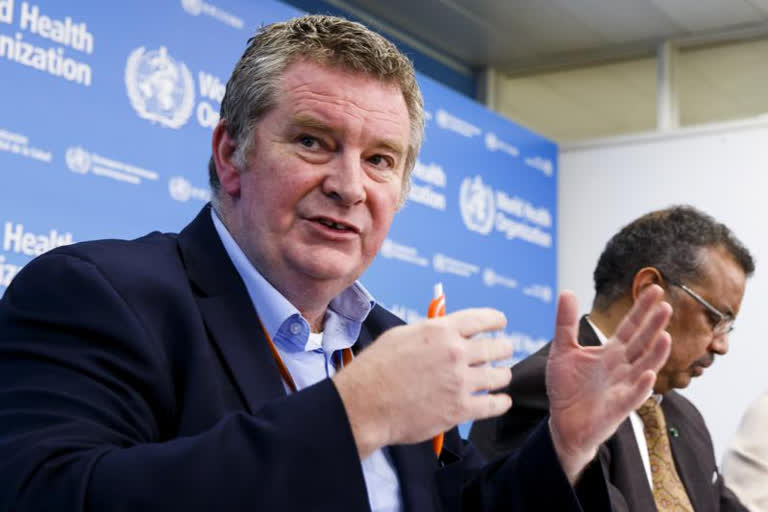Geneva:A panel of independent experts who reviewed the World Health Organization’s response to the coronavirus pandemic says the U.N. health agency should be granted “guaranteed rights of access” in countries to investigate emerging outbreaks, a contentious idea that would give it more powers and require member states to give up some of theirs.
Some experts criticized the panel for failing to hold WHO and others accountable for their actions during COVID-19, describing that as “an abdication of responsibility.”
Lawrence Gostin of Georgetown University said the panel “fails to call out bad actors like China, perpetuating the dysfunctional WHO tradition of diplomacy over frankness, transparency and accountability.”
Read:|WHO Chief Scientist says India's COVID-19 figures worrying
The panel was led by former Liberian President Ellen Johnson Sirleaf and former New Zealand Prime Minister Helen Clark, who were tapped by WHO last year to examine the U.N. agency’s response to COVID-19 after bowing to a request from member countries.
“The situation we find ourselves in today could have been prevented,” Johnson Sirleaf said.
Beyond the call to boost WHO’s ability to investigate outbreaks, the panel made an array of recommendations, such as urging the health agency and the World Trade Organization to convene a meeting of vaccine-producing countries and manufacturers to quickly reach deals about voluntary licensing and technology transfer, to boost the world’s global supply of coronavirus shots.
The panel also suggested that WHO’s director-general — currently Tedros Adhanom Ghebreyesus of Ethiopia — should be limited to a single seven-year term. As it stands, the WHO chief is elected to a five-year term that can be renewed once.
The suggestion to limit the tenure of WHO’s top leader appeared in part designed to ease the intense political pressure that WHO director-general can face. Last year, the Trump administration repeatedly inveighed against the agency’s handling of the pandemic — aiming for WHO’s alleged collusion with China.
An Associated Press investigation in June found WHO repeatedly lauded China in public while officials privately complained that Chinese officials stalled on sharing critical epidemic information with them, including the new virus’ genetic sequence.
Clark said the global diseases surveillance system needed to be overhauled — with WHO’s role strengthened.
“WHO should have the powers necessary to investigate outbreaks of concern, speedily guaranteed rights of access, and with the ability to publish information without waiting for member state approval,” she said.
